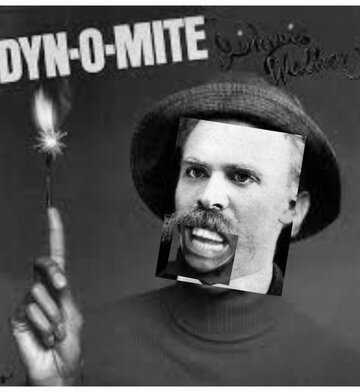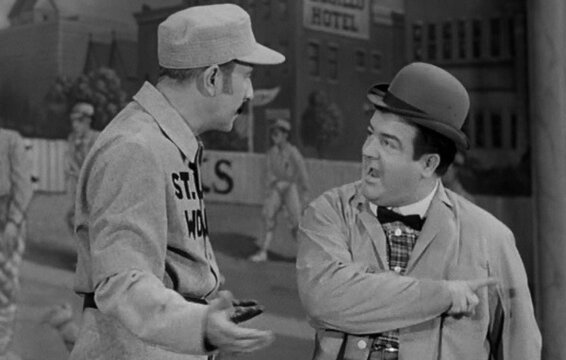smcder
Paranormal Adept
Metaphor and Phenomenology | Internet Encyclopedia of Philosophy

"With correspondence, we can only assume we are in possession of the truth when our representations or ideas about the world “match up” with external states of affairs. We have already seen how Aristotle’s system of first-order predication supports correspondence, as it is enabled through the denotative ascription of predicates/categorical features of /to objects. But Nietzsche boldly suggests that we are, from the outset, already in metaphor and he works from this starting point. The concepts and judgments we use to describe reality do not flatly reflect pre-existing similarities or causal relationships between themselves and our physical intuitions about reality, they are themselves metaphorical constructions; that is, they are creative forms of differentiation emerging out of a deeper undifferentiated primordiality of being. The truth of the world is more closely reflected in the Dionysian level of pure aesthetic immersion into an “undecipherable” innermost essence of things."

"With correspondence, we can only assume we are in possession of the truth when our representations or ideas about the world “match up” with external states of affairs. We have already seen how Aristotle’s system of first-order predication supports correspondence, as it is enabled through the denotative ascription of predicates/categorical features of /to objects. But Nietzsche boldly suggests that we are, from the outset, already in metaphor and he works from this starting point. The concepts and judgments we use to describe reality do not flatly reflect pre-existing similarities or causal relationships between themselves and our physical intuitions about reality, they are themselves metaphorical constructions; that is, they are creative forms of differentiation emerging out of a deeper undifferentiated primordiality of being. The truth of the world is more closely reflected in the Dionysian level of pure aesthetic immersion into an “undecipherable” innermost essence of things."

